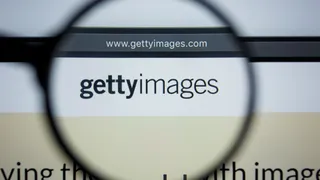
UK court dismisses ISP appeal in Richemont counterfeits case
The English Court of Appeal has today dismissed an appeal by five UK-based internet service providers (ISPs) against a decision ordering them to block access to websites that sell counterfeit products.
Already registered?
Login to your account
If you don't have a login or your access has expired, you will need to purchase a subscription to gain access to this article, including all our online content.
For more information on individual annual subscriptions for full paid access and corporate subscription options please contact us.
To request a FREE 2-week trial subscription, please signup.
NOTE - this can take up to 48hrs to be approved.
For multi-user price options, or to check if your company has an existing subscription that we can add you to for FREE, please email Adrian Tapping at atapping@newtonmedia.co.uk

